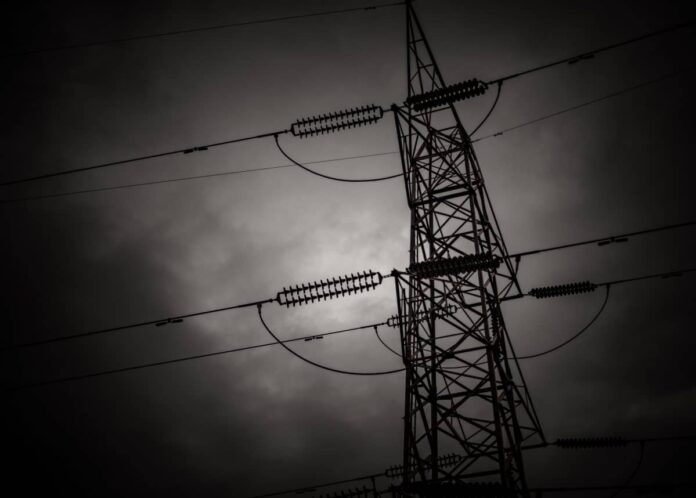The state of governance in most of our municipalities is an eyesore, out of kilter with what the drafters of the constitution intended, and inconsistent with voter expectations.
In all this gross local government incompetence, the national and provincial spheres of government look on with nonchalance and powerlessness as if they lack supervisory powers to act, which the constitution abundantly confers on them.
Might it be that the two tiers of government are themselves paralysed by their own difficulties and consumed by their own internal political storms?
Yet, that is not where things ought to be.
The constitution is crystal clear on what the national and provincial government ought to do in times of crises, and when governance at local government appears to go awry.
Ours is a quasi-federal system. Section 40(1) of the constitution states the following: “In the Republic, government is constituted as national, provincial and local spheres of government which are distinctive, interdependent and interrelated.”
Section 41(1) states: “All spheres of government and all organs of state within each sphere must (a) preserve the peace, national unity and indivisibility of the Republic; (b) secure the well-being of the people of the Republic; (c) provide effective, transparent, accountable and coherent government for the Republic as a whole…”
These constitutional provisions are clear: local government should not be allowed to behave like a loose cannon, unaware that the disruptions it causes affect national governance.
The national government holds more power, and is responsible for law and policy formulation, and so holds sway. That said, it is important to stress that as separation of powers is felt vertically between the legislature, executive and judiciary, the same principle is repeated horizontally between the national, provincial, and local spheres of governance. Yet, consistent with the principles of co-operative governance, local government or municipalities are empowered to create by-laws to enable them to run their administration effectively as they strive to serve communities. Over and above that, local administration, as are provincial governments, are duty-bound to ensure that national laws are implemented.
Local governments are a creature not of statute but derive their executive and legislative power from section 156 of the constitution to administer by-laws, among other things. Yet they are not left to their own devices. Section 155(6) makes room for the provision of monitoring support, and the development of local capacity to enable municipalities to perform their functions and manage their own affairs optimally. And these powers are referred to as “supervisory powers”.
Additionally, section 154(1), in terms of the cooperative government rubric, the national government and provincial governments must capacitate municipalities to manage their affairs and to perform their functions. With such support, the question must arise: why is the rate of service delivery so minuscule? Why are municipalities dysfunctional? The problems are deep-seated. The failure in the value chain of governance has to do with political hegemony, and with that the desire to retain and amass power to oneself.
Former president Thabo Mbeki reminds us of the Arab Spring, the anti-government protests emanating from corruption, nepotism and economic stagnation negatively affecting communities.
Former president Kgalema Motlanthe often admonishes his comrades in the ANC to do the right thing – and that it would be better, given the prevailing circumstances, if the ANC were to lose power, which members erroneously think is theirs alone.
But the ANC leadership is deaf. It seems, in municipal chambers, the party mobilises other small parties to support it to regain lost hegemony. While all this stagnation unfolds, the people wait empty-handed for undelivered services.
- Mdhlela is a freelance journalist, an Anglican priest, ex-trade unionist and former publications editor of the SA Human Rights Commission journals
Follow @SundayWorldZA on Twitter and @sundayworldza on Instagram, or like our Facebook Page, Sunday World, by clicking here for the latest breaking news in South Africa. To Subscribe to Sunday World, click here.



